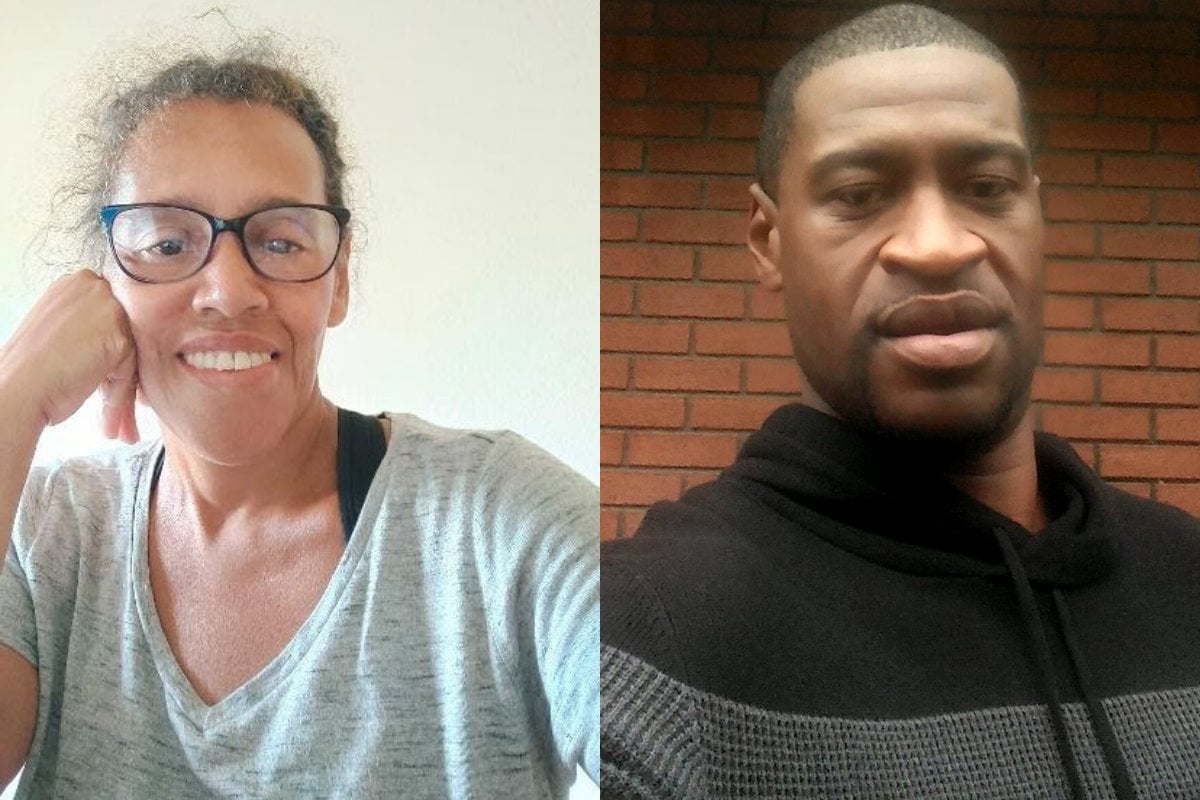
It was a post on my cousin’s Facebook page that first alerted me to the fact that ex-police officer Derek Chauvin had been found guilty of the murder of George Floyd.
Actually, I had lost track of the story, largely because as much as I hoped that surely this time justice would prevail, I certainly wasn’t prepared to put money on it.
I expected to see the usual travesty; a mockery of justice followed by the inevitable “not-guilty.”
So, while the world waited with baited-breath for the verdict, and potentially destructive aftermath, I was oblivious in a remote location with no wi-fi or mobile coverage.
Watch: Rev. Al Sharpton speaks at George Floyd's memorial. Post continues below.
If I am honest, I will admit that I have never watched the video of the last moments of George Floyd’s life.
The expression of pain and desperation on this man’s face as he cries out “I can’t breathe,” more than 20 times is unbearable; almost as unbearable as the nonchalant expression on Derek Chauvin’s face as he sits astride Floyd, with his hands in his pocket, squeezing the last living breath from another human’s body with his knee.
